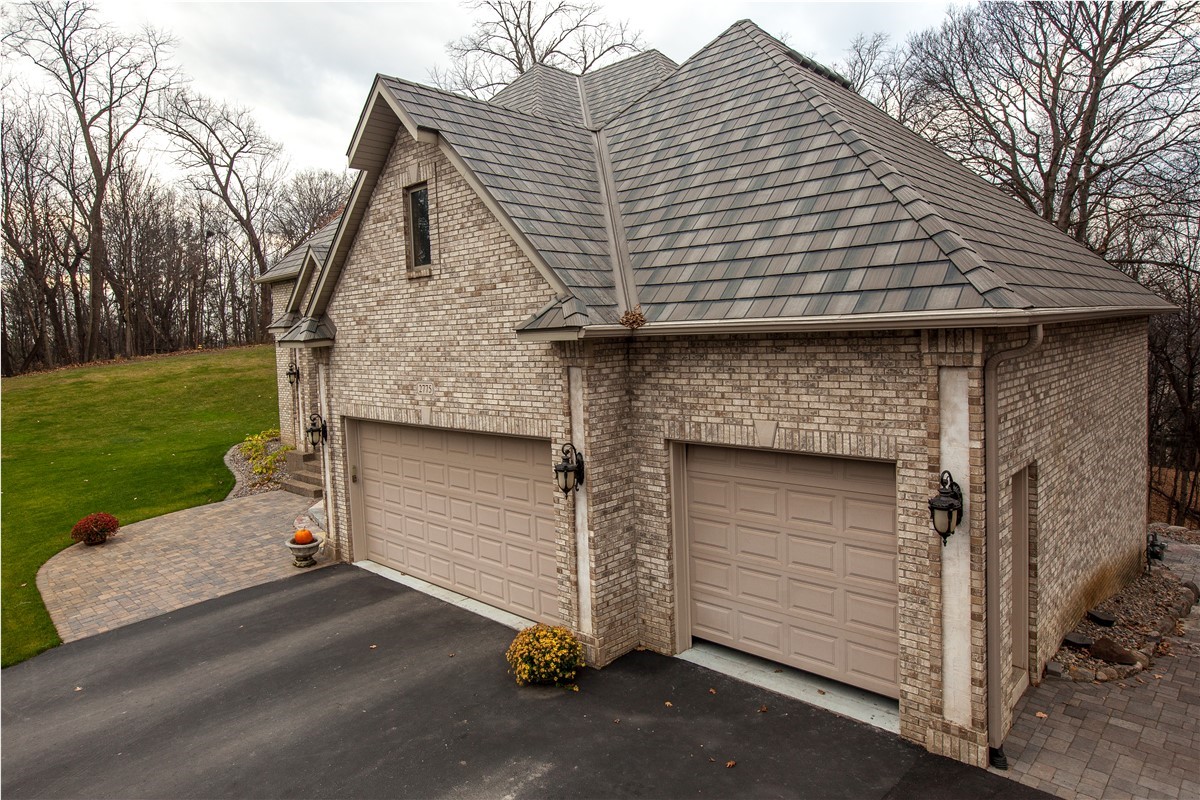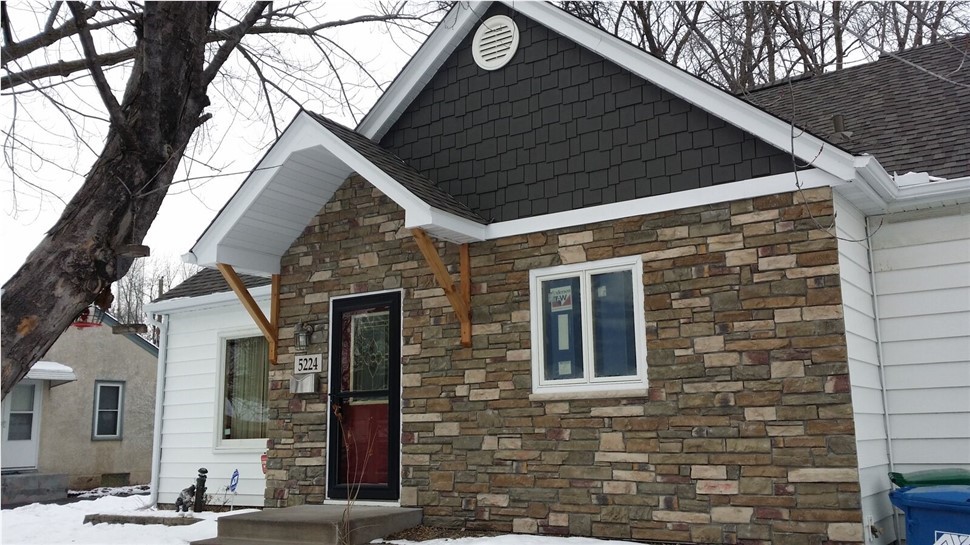In our last post we shared some tips for getting you on your way to a successful home improvement project. If you've gone through all the steps, by now you're ready to meet with a prospective contractor. You may even consider interviewing more than one. Here are the next steps to keep your project on schedule and get the outcome you were looking for.
- Verify the information you're given. You shouldn't plan on signing anything at your initial meeting. This is your chance to find
 out a little about the contractor and share information on your project. Ask for insurance information - get an agent's name or written proof of insurance. You can verify a contractor's residential builder's license through the State of Minnesota. Follow up on references, trade memberships, and manufacturer certifications.
out a little about the contractor and share information on your project. Ask for insurance information - get an agent's name or written proof of insurance. You can verify a contractor's residential builder's license through the State of Minnesota. Follow up on references, trade memberships, and manufacturer certifications. - Stay focused on your overall design. There will be a lot of decisions to be made as you're planning your project with the contractor. Having your plan handy will help you keep from getting sidetracked or including things you hadn't intended on. Do you use Pinterest? It might be good to pin your favorite items there so you can easily reference them. And once you agree with your contractor on specific materials, brands, etc., make sure the contract references those items specifically.
- Choose your materials and specify your options. If you're going to stay on budget and get what you want, the point to pick things out is before the contract is written; then those items will be included in the contract and the price will reflect what you've chosen. A contract which simply specifies "asphalt shingles" means your contractor could choose anything. If you're planning on 40-year asphalt roofing from a particular manufacturer, specify it for the contract.
- Carefully review the contract. Once you and the contractor have agreed to do business, you'll get a written contract for your review and signature. Go through it carefully and make sure you understand everything. Certain industries use specific terminology, so don't be afraid to ask for an explanation of anything you're unclear on. And remember, your contract only covers what's written in it. Don't rely on verbal assurances; get it in writing. Pay close attention to time frames, payment schedules, material specifications, and the scope of the work. Any changes to your original contract should also be in writing.
- A communication plan is essential. Lack of communication between a homeowner and a contractor is one of the main causes of problems with remodeling projects. Make sure you both know how to get a hold of one another and which is the easiest (and preferred) way to communicate. While the project is in progress, plan on being available, at least by phone, when questions come up. If your remodeler can't get a hold of you at a crucial point, that means your job will be put on hold or workers will be standing around, wracking up extra costs. Make sure you're both clear at every point what each expects of the other. If you'd like periodic progress updates, let your contractor know that up front. A good plan of communication between you and your remodeler is important, from start to finish.
Subscribe to Quarve Contracting's Blog







Comments